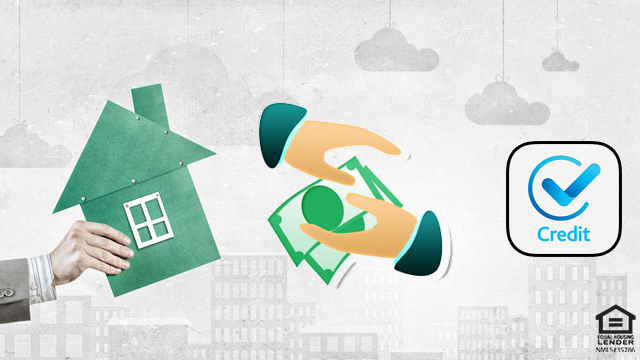
Can the Seller Pay the Buyer’s Closing Costs

Home buyers in New Jersey tend to have a lot of questions when it comes to closing costs and who pays them. One common question is: Can the seller pay some or all of the buyer’s closing costs in New Jersey? Should the buyer ask for this kind of contribution? Is it rare or common?
The short answer is that it’s all negotiable. Trends and customs can vary depending on the current state of the real estate market. In some cases, the seller might agree to pay some of the buyer’s closing costs. This is called a “concession.” But there are a lot of important factors to consider. So let’s start with the basics.
What Are Closing Costs?
The collective term “closing costs” refers to the various fees that must be paid to close a real estate transaction. In New Jersey, as in most states, it’s common for both the buyer and seller to have their own closing costs during a home sale.
- It’s typical for sellers to pay for the real estate agent commissions, transfer fees relating to the sale of the home, and (in some cases) their own attorney fees. There might be other seller-side costs as well, in addition to these.
- The buyer usually pays for most of the fees relating to the mortgage loan (if a home loan is being used), along with the property appraisal, survey and title-related fees.
Can the Buyer Ask the Seller to Pay?
Getting back to the question at hand: Can the seller pay the buyer’s closing costs, in a standard real estate transaction in New Jersey?
Yes, the seller can contribute money toward the buyer’s closing costs. This is allowed under most mortgage loan programs, though there may be limits to how much the seller can contribute.
In real estate jargon, this is referred to as a seller concession. It’s when the person selling the home contributes money to help the buyers pay some (or all) of their closing costs. Normally, this kind of concession is offered to help attract buyers, especially in a slower real estate market.
In some circumstances, the seller might agree to pay a portion of the buyer’s closing costs. But again, it’s all very market-dependent. Consider the difference between these scenarios:
- In a seller’s market (where there is a limited supply of homes but plenty of buyers shopping for them), the seller might be less inclined to offer concessions, such as a closing cost contribution.
- In a buyer’s market (where there are plenty of properties available but fewer buyers actively seeking them), the seller might be more inclined to offer a concession. In this case, closing cost contributions might even be advertised on the yard sign and other marketing materials.
So the first step is to understand what kind of real estate market you are in, and what the local supply-and-demand situation is like. Is it customary for buyers to ask for a closing cost contribution in your area?
What’s the Market Like?
Are homes in your area selling quickly, due to limited supply and strong demand? If so, sellers might be less willing to pay money toward your closing costs. Or are you in a slower market with a lot of properties listed for sale that take a while to sell? In this case, you might have more leverage when asking for a concession from the seller.
This is one of the reasons why it makes sense to have professional help from a New Jersey real estate agent. An experienced agent will understand the current supply/demand situation, and can read the market “temperature” based on their previous transactions. Your agent can tell you what’s customary in the local market, as far as closing costs go, and how likely sellers might be to offer concessions.